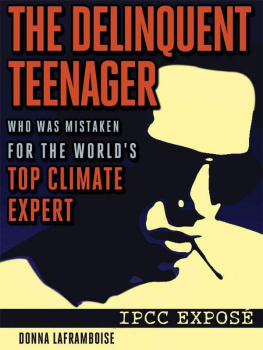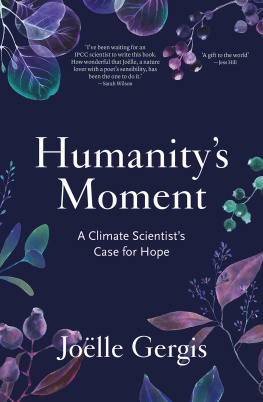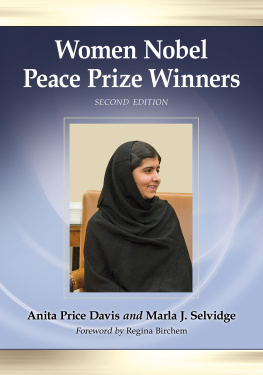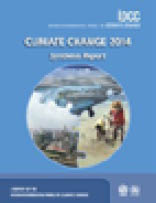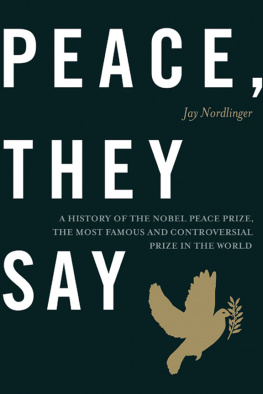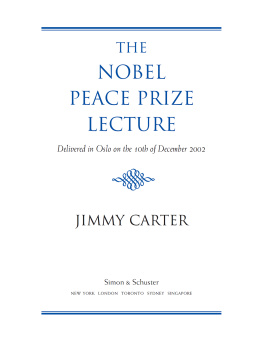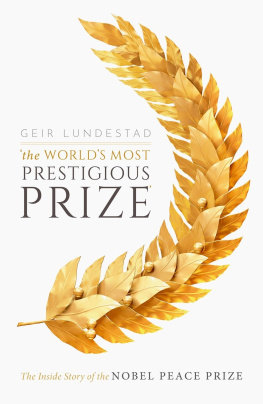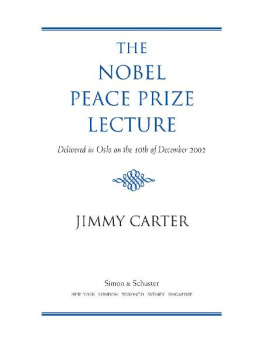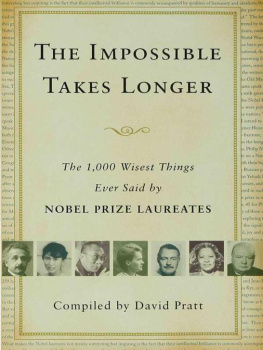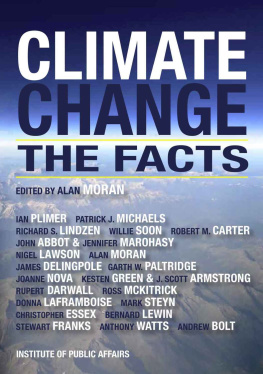Into the Dustbin:
Rajendra Pachauri, the Climate Report & the Nobel Peace Prize
2013 by Donna Laframboise
ISBN: 978-1-894984-08-9
Ivy Avenue Press
Port Dover, Canada
IvyAvenue.com
Table of Contents
Clicking the date beneath a title will take you to the original, online version - which includes links to source material.
IPCC studies only peer-review science.
Let someone publish the data in a decent credible publication.
I am sure IPCC would then accept it,
otherwise we can just throw it into the dustbin.
Rajendra Pachauri
Times of India
November 10, 2009
1 - Introduction
According to activists, climate change is a planetaryemergency. But the more one learns about the man in charge of the UnitedNations body that examines climate issues, the harder it is to believe thatthat's really the case.
It may not be fair to judge a book by its cover, but it's entirelyreasonable to judge an organization by its leader. Rajendra Pachauri has beenthe chairman of the Intergovernmental Panel on Climate Change (IPCC) since2002. He also writes fiction and plays cricket. Regrettably, he does only oneof those things - the cricket - well.
If our senior political leaders regarded climate change as a genuinethreat, someone dramatically different would be leading the IPCC. That personwould exude professionalism. Whenever he spoke in public, he'd choose his wordscarefully. Like a judge at a murder trial, his behaviour would be scrupulouslyeven-handed. By word and by deed, he'd invite us to believe in hisorganization's neutrality and integrity.
Pachauri fails these tests spectacularly. If I were to cast him as acharacter in a play, literary critics would dismiss that character asimplausible. They'd say it strained credulity that someone so ill-suited to thetask would remain at the helm of such an important international body for solong.
But truth is sometimes stranger than fiction.
Collected together, these essays represent one journalist's journey ofdiscovery. In contrast to many of my media colleagues, I pay Pachauri thecompliment of taking him, his remarks, and his behaviour seriously.
I began researching climate issues in early 2009.It took time for me to appreciate the central role of the IPCC - and evenlonger to develop an analysis of Pachauri. Only after 10 months - and 50 blogposts - did he make his first appearance in my work.
The original version of these essays remain online,studded with hyperlinks to my source material. As a matter of course, I linkdirectly to the documents on which I've relied - so that readers may examinethem firsthand.
In the interests of a pleasant reading experience, those links aren'tindicated here. But they can be accessed quickly by typing the first few wordsof an essay's title into an Internet search engine. (In the Kindle and PDFeditions of this book, clicking the date beneath each title will take youdirectly to the online version.)
In assembling this collection, I spent some amount of time trimming andpolishing. No new factual material was inserted, but a few explanatory remarkswere added, and certain corrections have been made. For example, early on, I'dread that the IPCC had been awarded the 2007 Nobel Peace Prize in recognitionof its 3,000-page report released that year. More than once, I passed alongthat erroneous information to my readers. In fact, the Peace Prize acknowledgedthe totality of the IPCC's efforts - by then, it had produced four climateassessments over 19 years, as well as a number of shorter reports.
Speaking of the Peace Prize, after it was bestowed on the IPCC, anentirely new category of misinformation and exaggeration came into existence.The climate world is one in which kernels of truth are routinely magnified,amplified, and distorted - by scientists, activists, public relationsspecialists, and reporters - until they bear almost no resemblance to empiricalreality.
I've written another, full-length book about why the IPCC doesn't deservethe public's trust. The tale of the Peace Prize is a further sad chapter. It ispublished here for the first time.
August 2013
Port Dover, Canada
1 - The IPCC and the Peace Prize
(links to source material here)
In late 2012, the art director of a reputable Canadianmagazine contacted photographer Alex Waterhouse-Hayward. How would he like tomeet a Nobel laureate? Three months later, the photographer posted ablack-and-white portrait on his blog, announcing to the world that this was"Nobel Laureate Mark Jaccard."
But Jaccard - an economist who teaches at Canada's Simon FraserUniversity - has never won a Nobel prize. Not in economics or in any otherfield. If you visit NobelPrize.org and type his name into the search box in thetop right corner, you'll find no mention of him.
Why did the smart people at The Walrus magazine think otherwise?Why did the cover of this award-winning publication refer to him as a"Nobel economist?"
The short answer is that Jaccard is one of anestimated 9,000 people who've helped the Intergovernmental Panel on ClimateChange (IPCC) write its many reports over a span of 25 years. In late 2007,following news that this UN body had been awarded the Nobel Peace Prize jointlywith Al Gore, the IPCC's chairman profoundly over-stepped his authority.Writing to IPCC-affiliated academics en masse, Rajendra Pachauriproclaimed: "This makes each of you Nobel Laureates."
Everyone should have understood that this was mere rhetorical flourish.When an individual wins a Nobel Prize, they are contacted directly by Nobelofficials. As Australian researcher John McLean would later tell meteorologistKevin Trenberth, "Pachauri can't hand-out laureates like cups of coffee,and you, Kevin, surprise me by seeming to believe that he can."
The IPCC is not the first organization to receive the Peace Prize. In1977, it went to Amnesty International. In 1999, it was Doctors WithoutBorders. In between, in 1988, it was UN peacekeeping forces.
It would be odd, indeed, if someone who used to work for AmnestyInternational - or who once served in a peacekeeping capacity - went aroundcalling themselves a Nobel laureate. Most of us would regard such a claim asevidence of an insecure ego run amok.
But the climate world isn't a normal one. Instead, it resembles the WildWest. Poorly socialized adolescents swagger and bluster, grownups are in shortsupply, and the sheriffs turn out to be as lawless as everyone else.
The Walrus misled its readers because a significant part of theclimate community chose to embrace a Nobel fiction. These people took a lofty tributeand dishonoured it. Why? Because it exaggerated their own importance. Itenhanced their personal prestige. No doubt, it helped some of them meet girls.
Jaccard is by no means an IPCC mover and shaker. He was among 23 peoplewho worked on one chapter (out of 47) of the IPCC's 1995 report. Along with 24others, he helped write a second chapter. The role he played was so minor that,when he co-authored a 2007 book on climate change with a prominent Canadianjournalist, his IPCC involvement wasn't even mentioned. Shortly afterward,however, he suddenly became a nobelist.
In 2008, an activist group issued a press release about a report writtenby Jaccard. The release described him as "a winner of the 2007 Nobel PeacePrize."
In 2009, a public library hosted an event in which he delivered thekeynote address. The poster advertising the event featured his photographalongside large lettering that identified him as an "author and NobelLaureate."
For years, an online listing at Canada's National Speakers Bureau saidJaccard was a "Nobel Peace-Prize Winner" (this was changed to"Climate Change Expert" sometime after mid-May, 2013).
In 2011, when Jaccard submitted written testimony to a British ColumbiaUtilities Commission inquiry, he declared:


